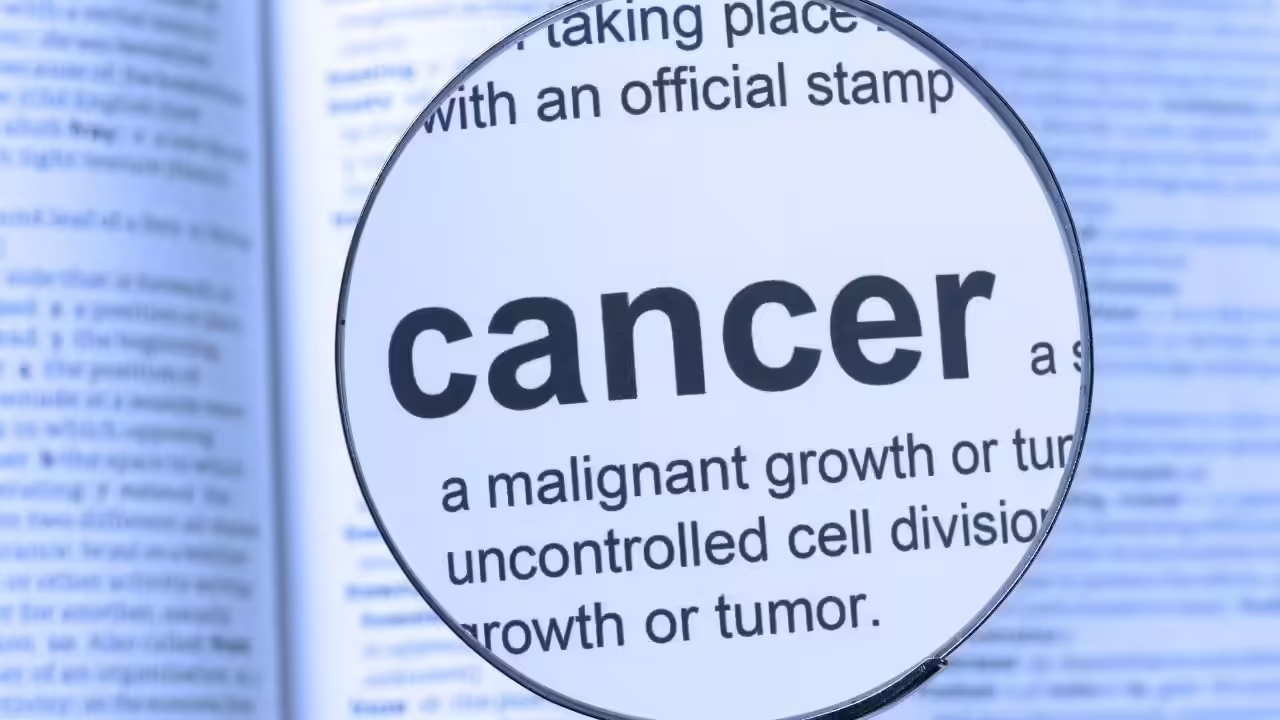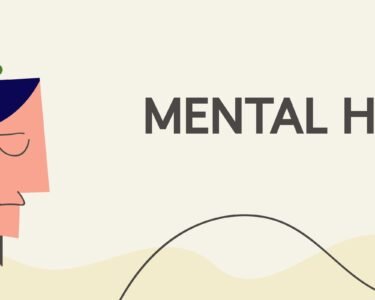Every year, National Cancer Awareness Day on November 7 serves as a reminder that awareness, early detection, and prevention can make a huge difference in fighting cancer. While medical advancements continue to improve treatment, experts stress that lifestyle choices play a vital role in reducing cancer risk. According to oncologists, nearly half of all cancer cases can be prevented through simple, consistent daily habits.
On this Cancer Awareness Day 2025, leading oncologist Dr. Rajesh Kumar Jain shares seven practical habits that can significantly help in lowering your risk of developing cancer and improving overall health.
- Quit All Forms of Tobacco
Tobacco is the single most preventable cause of cancer worldwide. Whether you smoke, vape, or chew tobacco, every form contains harmful chemicals that damage DNA and trigger abnormal cell growth. Smoking alone is responsible for nearly 22% of all cancer deaths globally, and it’s strongly linked to lung, mouth, throat, bladder, and pancreatic cancers.
Dr. Jain explains, “Once you stop using tobacco, your body immediately starts to heal. Within weeks, blood circulation improves, and within years, your cancer risk significantly drops.”
Tip: Seek help through counselling, nicotine replacement therapies, or quit-smoking programs. Avoid even passive smoke exposure, as second-hand smoke is equally dangerous.
- Stay Physically Active Every Day
Regular exercise doesn’t just keep your weight under control—it also helps regulate hormones like estrogen and insulin, which, when imbalanced, can increase cancer risk. Physical activity reduces inflammation and boosts immunity, both of which are essential in preventing cell mutations.
Health authorities recommend at least 150 minutes of moderate activity per week, such as brisk walking, cycling, or swimming. Even household chores, dancing, or taking the stairs can count toward your daily activity goal.
Tip: Include both cardio and strength-based activities. Simple routines like yoga or resistance training can strengthen your body’s natural defenses against chronic diseases, including cancer.
- Eat a Plant-Based, Balanced Diet
Your diet plays a powerful role in determining your long-term health. A colorful, plant-forward diet filled with fruits, vegetables, legumes, and whole grains provides antioxidants that help neutralize free radicals — unstable molecules that damage cells and lead to cancer.
At the same time, processed and red meats, refined sugars, and fried foods should be limited. These items are associated with inflammation, obesity, and colon cancer risk.
Tip:
Fill half your plate with vegetables.
Replace white rice with brown rice or millet.
Eat at least two servings of fruit daily.
Include nuts and seeds for healthy fats.
“Your plate can be your medicine,” says Dr. Jain. “A diet rich in natural foods supports every cell in your body.”
- Limit Alcohol Consumption
Even small amounts of alcohol have been linked to several cancers, including breast, liver, and esophageal cancer. Alcohol interferes with how your body metabolizes nutrients and damages tissues, leading to oxidative stress.
Tip: If you drink, keep it minimal — no more than one drink per day for women and two for men. Better yet, try alcohol-free alternatives such as herbal teas, fruit-infused water, or mocktails.
“Reducing alcohol isn’t about deprivation — it’s about protecting your body from hidden harm,” emphasizes Dr. Jain.
- Protect Your Skin from UV Damage
Skin cancer is one of the most common yet preventable forms of cancer. Prolonged exposure to ultraviolet (UV) rays from the sun or tanning devices damages skin cells, leading to DNA mutations.
Tip:
Apply broad-spectrum sunscreen (SPF 30 or higher) every day.
Wear protective clothing, hats, and sunglasses.
Avoid direct sun between 10 AM and 4 PM.
Remember, even on cloudy days, UV rays can still harm your skin. Building this habit early ensures lifelong skin protection.
- Get Vaccinated and Prevent Infections
Certain infections can directly cause or increase cancer risk. For example, Human Papillomavirus (HPV) can lead to cervical and throat cancers, while Hepatitis B can increase liver cancer risk. Vaccination and safe lifestyle practices are effective ways to prevent these infections.
Tip:
Get vaccinated against HPV and Hepatitis B as per medical guidelines.
Practise safe sex and avoid sharing personal items like razors or needles.
Maintain good hygiene and boost your immunity through a healthy diet.
- Go for Regular Screenings and Health Checkups
Early detection can make all the difference. Regular screenings help detect precancerous changes before they turn serious. Depending on your age, gender, and family history, your doctor may recommend tests such as:
Mammograms (for breast cancer)
Pap smears (for cervical cancer)
Colonoscopy (for colorectal cancer)
Low-dose CT scans (for high-risk smokers)
Dr. Jain advises, “Most cancers caught early are treatable. Listen to your body — if something feels off, don’t delay medical consultation.”
Tip: Make annual checkups a non-negotiable habit and encourage your loved ones to do the same.
Final Thoughts: Prevention Is the First Line of Defense
National Cancer Awareness Day is not just about awareness — it’s about action. Each of these seven habits may seem simple, but together, they build a powerful defense against one of the world’s leading causes of death.
A tobacco-free life, regular movement, balanced nutrition, protection from UV rays, timely vaccinations, and early screenings can drastically lower your lifetime risk of cancer.
Dr. Jain concludes, “Prevention doesn’t require big sacrifices — just consistent choices made with awareness and care. Every small effort you make today adds years of healthy living tomorrow.”
On this National Cancer Awareness Day 2025, commit to nurturing your body, making smarter choices, and spreading the message that prevention truly is better than cure.
Do Follow Us On Instagram







